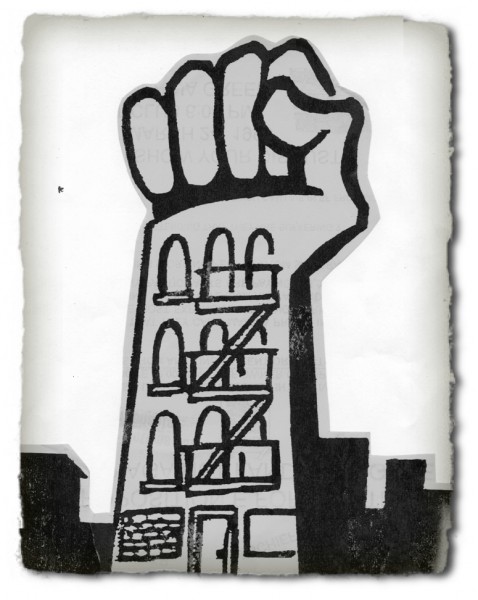Are you a tenant? Do you feel that you are being wrongfully evicted from a rental property? If the answer to both of these questions is YES, then you are afforded recourse under Texas law. The law affords tenants the right to defend themselves against a wrongful eviction. To successfully defend your case against a landlord, a tenant must be able to prove that they are being evicted in violation of the law.
TENANTS DEFENSES TO A WRONGFUL EVICTION
File an Answer: When you are initially served with an eviction lawsuit you must file an answer within the designated time stated in the citation. The answer should contain a general denial of the landlord’s allegations and the answer must also assert whatever defenses you plan to argue in the eviction hearing. If you do not file an answer and fail to appear for the eviction hearing, the landlord is able to still evict you from the rental property.
Notice to Vacate: In order to initiate the eviction process, a landlord must deliver a written notice to vacate to the tenant before filing an eviction suit with the court. Review the terms of the Residential Lease Agreement in addition to the Texas Property Code to determine whether the number of days the landlord has given you to vacate is in violation of the Texas Property Code or the terms of the Residential Lease Agreement.
Delivery of Notice to Vacate: Landlords must deliver the notice to vacate as proscribed by law. Absent special circumstances, a notice to vacate is usually delivered either in person, by mail, or by posting on the inside door of the premises in question (See Section 24.05 of Texas Property Code). If the landlord fails to deliver the notice to vacate in a manner proscribed by law this could be a defense raised in an eviction hearing.
Unlawful Actions by Landlord: A tenant can allege as a defense to eviction that the landlord engaged in unlawful actions to force them to vacate the premises. A landlord must follow eviction procedures to remove a tenant from the premises. Per the Texas Property Code Chapter 91, landlords are not allowed by law to force a tenant to leave through unlawful actions such as: turning off utilities, removing the doors or windows from the rental property, or removing a tenant’s furniture, fixtures, or appliances furnished by the landlord from premises leased to a tenant unless the landlord removes the item for a bona fide repair or replacement.
Failure to Make Repairs in a Reasonable Time: If a tenant is current on rent and informs the landlord of any condition in the rental premises that materially affects the physical health or safety of an ordinary tenant, the landlord must make repairs within a reasonable time after receiving written notice. If the landlord fails to make the repairs, the tenant has the right to pay for repairs and deduct them from their rental payment. In this instance, if the landlord attempts to evict for unpaid rent, the tenant’s defense is the landlords failure to make repairs in a reasonable time.
Discrimination: A landlord cannot evict a tenant for a discriminatory reason such as: race, age, gender, sexual orientation, religion etc. If a landlord attempts to evict for one of the aforementioned reasons, the tenant is entitled to the defense of discrimination afforded by the Fair Housing Act and the Texas Fair Housing Act.
Consult an Attorney: If you are a tenant and feel that you are being wrongfully evicted, consult an attorney to ensure that your rights are being protected.

